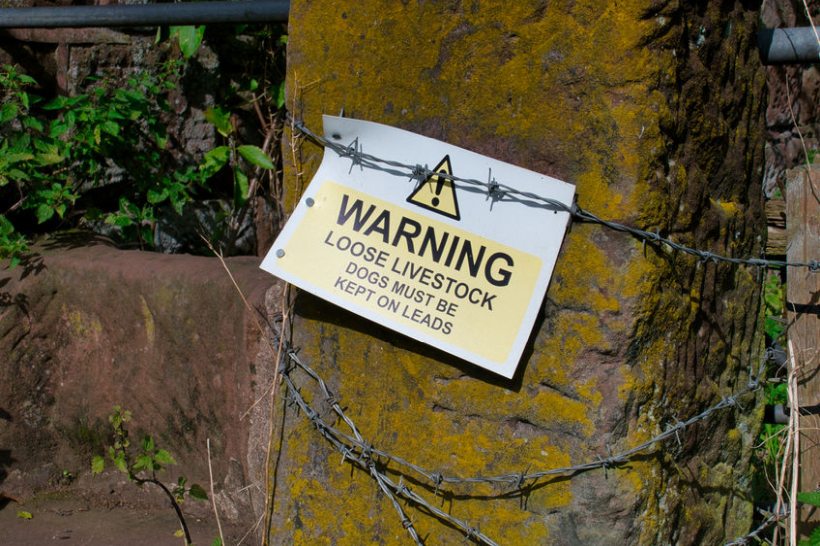
Proposed changes to livestock worrying legislation created in 1953 could help police forces across England and Wales deal with incidents more effectively.
It is hoped much-needed changes to the Dogs (Protection of Livestock) Act 1953 will deter irresponsible dog owners from causing thousands of pounds worth of damage to the livestock industry.
The law has been described as 'weak' by the Chair of the National Police Chiefs Council (NPCC) Livestock Offences group, Rob Taylor, as it no longer served its purpose.
The out-dated legislation does not allow the police to obtain DNA and to prosecute people whose dogs have attacked alpacas and llamas.
It also does not allow forces to prosecute if the dog attack happened on land that is not agricultural land, according to Mr Taylor.
And if a dog is subject of a control or destruction order at court, the 1953 Act does not have any powers written into it for the court to refer to and use.
To make matters worse, the court also has to borrow laws from an old Victorian civil act, namely the Dogs Act 1871.
“The Act dates from the early 1950s when both farming and policing were practiced differently," Mr Taylor said at a recent webinar hosted by the Farmers’ Union of Wales and Wales YFC.
"We can all agree that both occupations have evolved since then and the act does not reflect modern practices."
Figures show that the cost of dog attacks on livestock increased by over 10% to £1.3 million last year as the pandemic saw a surge in people visiting the countryside.
There is growing concern among producers that the spring lockdown will see another influx of walkers unfamiliar with the countryside code.
PC Dave Allen, of North Wales Police, said during the webinar that the consequences of livestock worrying for the farmer can be 'horrendous'.
"It can affect loss of blood-line, affect next years stock especially when ewes are in lamb or are lambing," he explained.
"The stress of it can cause a ewe to abort often many days after the attack, but as a police officer in the court system we have to work with the beyond any reasonable doubt scenario.
"How can we prove to a court that the ewe has lost her lamb 7 days later because of a livestock attack. We can’t."
The Livestock Worrying Police Working Group has placed a report before parliament asking for legislation changes.
It calls for the police to gain the power of search and seizure and the ability to obtain a DNA sample of a suspected dog.
The report urges the Home Office to make the crime recordable by the police so they can have the full facts and for cases to be heard at Crown Court.
It says compensation and fines should also be reviewed.
"And in addition, we would like to see a legal obligation to report attacks by dog owners to the police,” added PC Allen.
Highlighting how North Wales Police are using technology to gather evidence of livestock attacks, Mr Taylor said that 10 farms in Dyfed-Powys and 8 in North Wales have now been fitted with wildlife cameras.
Footage from the cameras will soon be broadcast live online, allowing people to see the protection they are providing.
Mr Taylor said police forces across England and Wales had been campaigning for five years to get a change in the 1953 Act.
"I’m hopeful that there’s going to be a substantial change taking place," he told attendees at the webinar.
"It is at the consultation stage but we’re hopeful we might see changes this year.”
